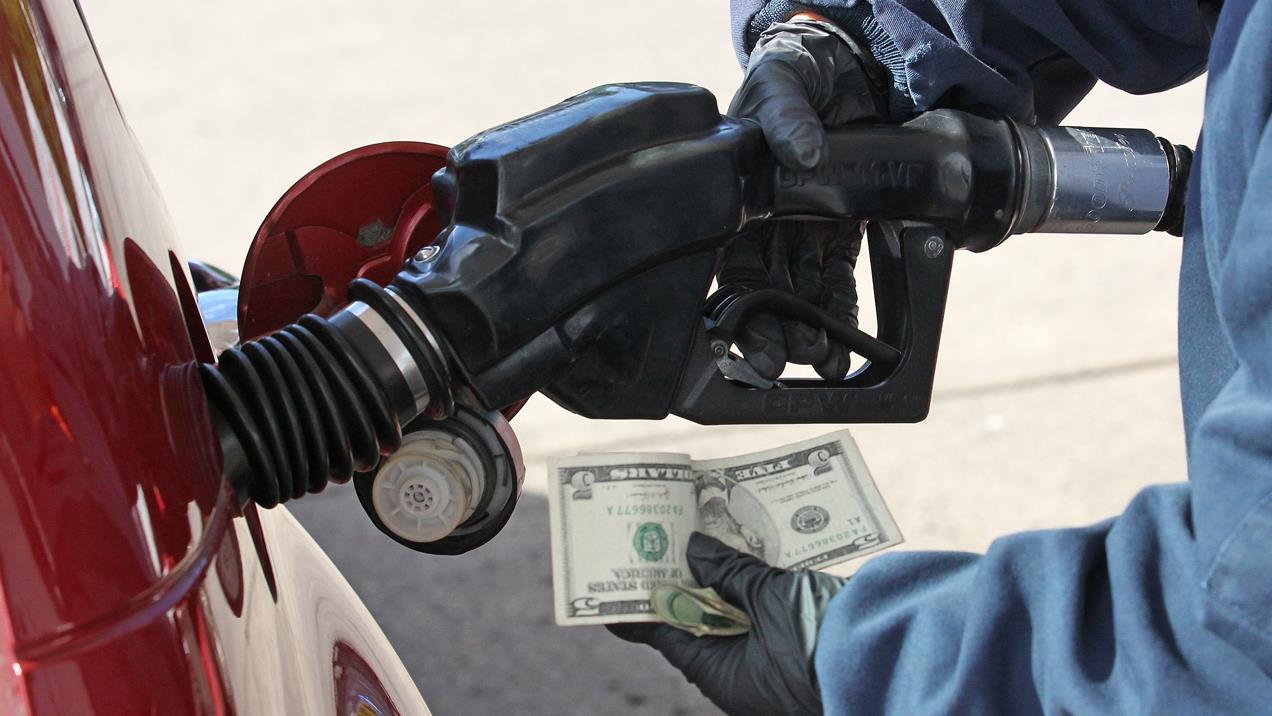EPA unveils plan to allow sales of higher-ethanol gasoline
(Reuters) - The U.S. Environmental Protection Agency on Tuesday released its proposed rule ending the summertime ban of higher-ethanol blends of gasoline, a move requested by President Donald Trump to help corn growers that supply the raw material for the biofuel.
The agency went ahead with the proposal over the objections of the oil industry, another political ally of the Trump administration which opposes increased biofuels use because it competes with petroleum and raises costs for refiners.
"Consistent with President Trump’s direction, EPA is working to propose and finalize these changes by the summer driving season," said EPA Administrator Andrew Wheeler in a press release. "We will be holding a public hearing at the end of this month to gather important feedback."
The oil industry has repeatedly said the expansion of higher ethanol blends of gasoline is illegal and it will challenge any such rule in court.
E15 gasoline contains 15 percent ethanol, versus the 10 percent found in most U.S. gasoline. A summertime ban on E15 had been imposed over concerns it contributes to smog in hot weather, though recent studies have shown its impact on air quality may not be significantly different than E10.
The rule also includes measures to limit speculation in the multibillion-dollar biofuel credit market, a concession to merchant refiners such as Valero Energy Corp and PBF Energy Inc, which oppose higher ethanol use and have repeatedly complained about the costs of complying with U.S. biofuels policy.
The agency plans to hold a public hearing on the proposed rule on March 29.
The credit reforms plan faces stiff opposition from oil majors such as Exxon Mobil Corp and Chevron Corp. These companies generate more credits than they need to comply with the law, allowing to profit by selling the credits when their prices rise.
Under the U.S. Renewable Fuels Standard, oil refiners are required to blend increasing volumes of biofuels like ethanol into their diesel and gasoline each year, or purchase the credits, called RINs, from those that do.
CLICK HERE TO GET THE FOX BUSINESS APP
Reuters last week reported the details of the planned rule.
On Tuesday, EPA said its proposal aimed to prohibit certain parties from buying separated RINs or to require public disclosure when RIN holdings exceed specified thresholds. It would also limit the length of time a non-obligated party can hold RINs, and increase the compliance frequency of the program from annually to quarterly.
Non-obligated parties are largely seen as banks and financial institutions that are not part of the fuel supply chain. Such market participants in the past have acquired large volumes of the biofuel credits in speculative plays. This forces smaller players that require credits to scramble to buy them, often at higher prices, so they can comply with the biofuels law.
The oil majors are expected to align themselves with truck stop operators and other fuel retailers who are routine sellers of the credits, setting the stage for the next clash over the nation’s biofuels laws.
(Reporting by Humeyra Pamuk in Washington and Jarrett Renshaw in Trenton, New Jersey; Editing by David Gregorio and Susan Thomas)




















